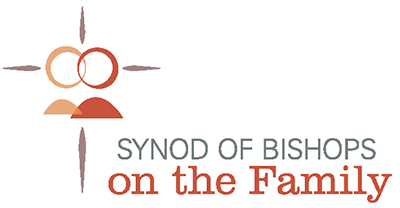Vatican City
Synod sends message, prayers to families suffering because of war
Published October 16, 2014
VATICAN CITY (CNS)—Gathered with Pope Francis, members of the Synod of Bishops on the family issued a message of solidarity, support and prayers for all families suffering the impact of war and violence, especially in Iraq and Syria.
 The members prayed particularly for those who, “because of the Christian faith they profess or because they belong to other ethnic or religious communities, have been forced to abandon everything and flee toward a future that lacks any kind of certainty.”
The members prayed particularly for those who, “because of the Christian faith they profess or because they belong to other ethnic or religious communities, have been forced to abandon everything and flee toward a future that lacks any kind of certainty.”
The Vatican published the message Oct. 10, the middle of the Oct. 5-19 synod.
Members echoed Pope Francis’ words in condemning the claim—used by the Islamic State militants, among others—that they are acting in God’s name when they commit violence and murder.
Thanking international organizations and individual countries that have come to the aid of “the innocent victims of the barbarity,” they also asked for coordinated international action “to re-establish peaceful coexistence in Iraq, Syria and throughout the Middle East.”
While particularly concerned about the suffering of families there, synod members also offered prayers for “families split apart and suffering in other parts of the world that are subject to persistent violence.”
“May the merciful Lord convert hearts and give peace and stability to those who are undergoing trials,” the message said.
A married couple from Iraq, Riyadh Azzo and Sanaa Habeeb, addressed the synod Oct. 10, recounting the huge difficulties war and emigration have had on family and church life in Iraq.
The bombing of churches, the kidnapping of priests and faithful and—more recently—the activity of “the ISIS terrorism gang,” which forced tens of thousands of Christians and other minorities from their homes, has meant the Christian community in the country is “reduced to less than one third” its size 20 years ago.
“Families disintegrated,” they said. In too many cases, those who could have fled, leaving the elderly behind. Children’s education has been disrupted. Most young people are afraid to marry because the future is so uncertain, although some have quickly and casually contracted marriage with people outside Iraq in order to escape the country.
At the same time, they told the synod, “the common danger strengthened the bond between the people” and made it clear that “their Christian faith should not be compromised.” The parishes that are still open are a “safe haven,” organizing relief and aid and becoming real communities.